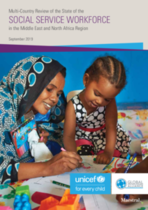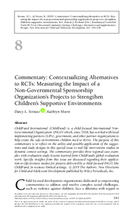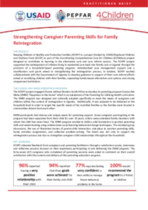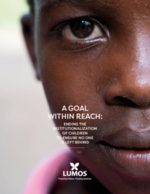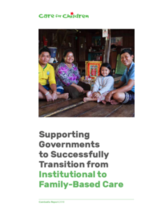Kinnected Myanmar - Sap’s Story 2
This video highlights the work of JJ's Children's Home (funded by a US-based organization called Heaven's Family) in their journey to transition from institutional care of children to family-based care, with the support of SFAC and ACCIR's Kinnected program, reintegrating children into their families or placing them in kinship and foster care.

